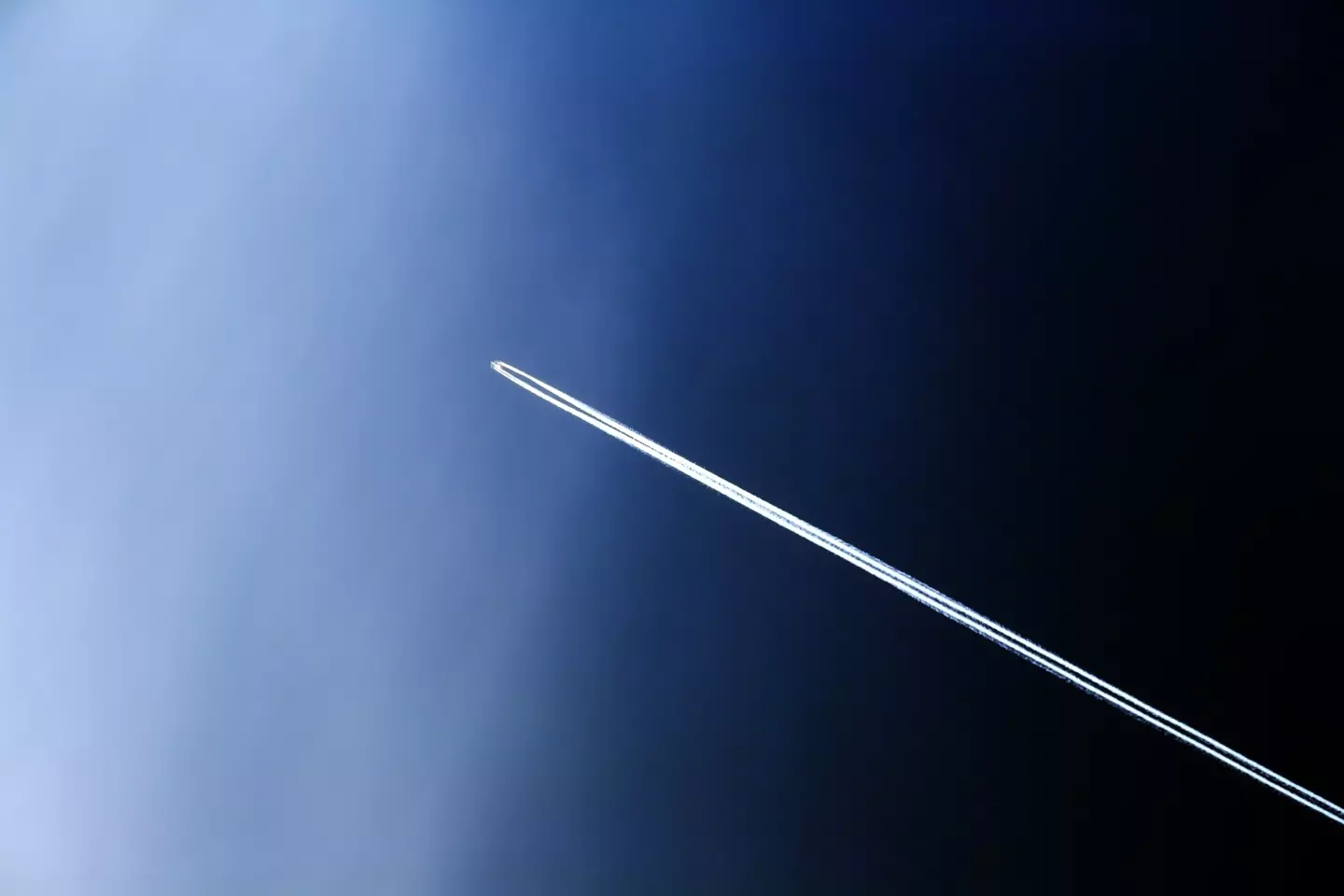.png%3Fcrop%3D599%2C600%2Cx0%2Cy44)
The total solar eclipse is fast approaching on April 8, and that's not the only exciting thing that's set to happen in space.
The moment the Moon covers the Sun - completely blocking out its light in some portions of the world - NASA will simultaneously launch three rockets into the atmosphere.
But why? It certainly feels like a lot going on at once.
.jpg)
Advert
According to NASA, these sounding rockets - which are specifically designed to carry scientific instruments - are basically going to go on a fact-finding mission.
They're going to be launched from NASA's Wallops Flight Facility in Virginia, tasked with studying 'the disturbances in the ionosphere created when the Moon eclipses the Sun', the space agency says.
The ionosphere is the upper atmosphere of the Earth, which is full of electrically charged particles and can impact the travel of satellite signals. It's essentially the space between where we live and breathe on the Earth's surface, and the vacuum of space.
In order to gather different bits of information, the rockets will take off at varying times - one 45 minutes before the peak local eclipse, the second during, and the third 45 minutes after.
'These intervals are important to collect data on how the Sun’s sudden disappearance affects the ionosphere, creating disturbances that have the potential to interfere with our communications,' NASA says.
So why is it so crucial to learn more about the ionosphere?

Leading NASA's mission is Aroh Barjatya, a professor of engineering physics at Embry-Riddle Aeronautical University in Florida, where he directs the Space and Atmospheric Instrumentation Lab.
Barjatya says: "Understanding the ionosphere and developing models to help us predict disturbances is crucial to making sure our increasingly communication-dependent world operates smoothly."
So essentially, as we dive further and further into space exploration, knowing how the ionosphere operates - and what might potentially disturb it - will be crucial for successfully communicating between Earth and anyone out in space.
And these rockets will no doubt bring back a lot of data, as the solar eclipse will trigger 'large-scale atmospheric waves and small-scale disturbances, or perturbations', NASA says.
The rockets will measure charged and neutral particle density, as well as the surrounding electric and magnetic fields.
If all that sounds like your bag, you can actually watch the launches live - they will be streamed on the NASA Wallops YouTube page here, or if you're really keen, you can see them happen in person at the NASA Wallops Flight Facility Visitor Center.